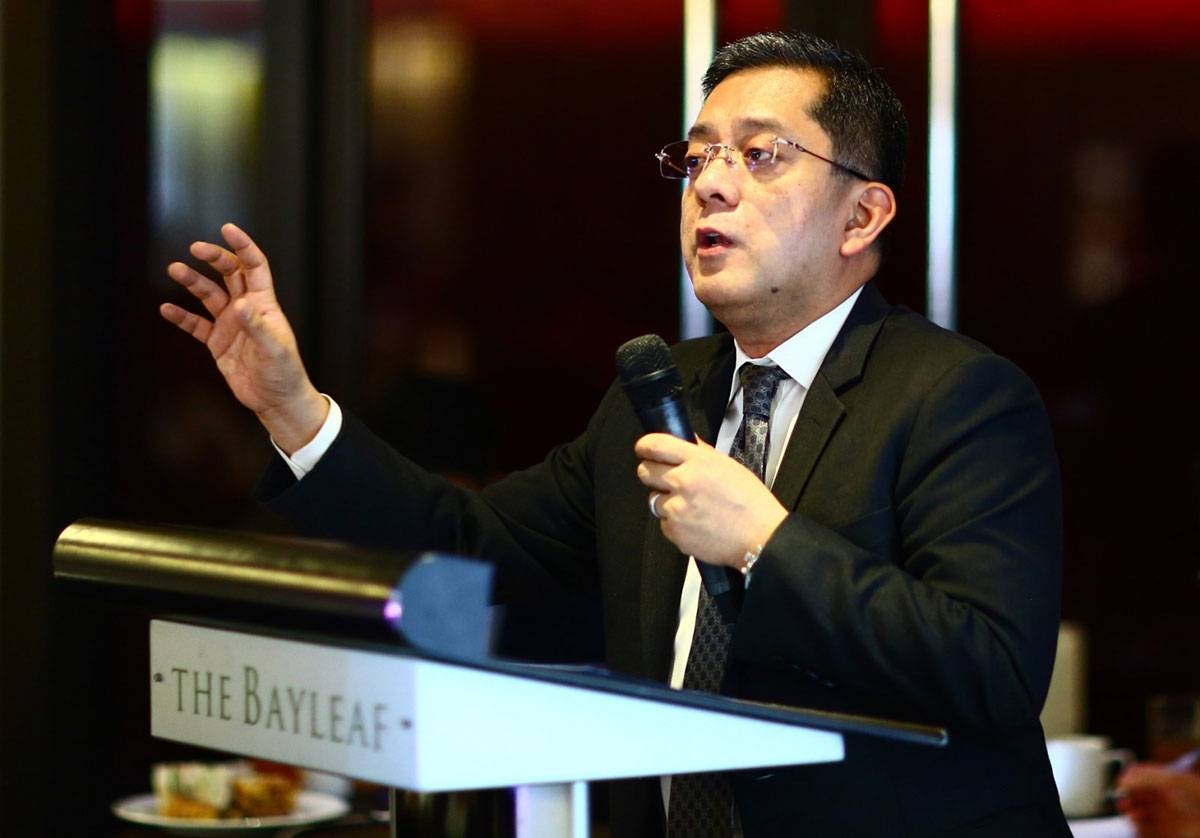WITH or without an implementing law, the Commission on Elections (Comelec) will use the internet as an alternative mode of voting for overseas Filipino workers (OFWs) starting in the 2025 elections.
“We will proceed with internet voting at all cost, law or no law,” said Comelec Chairman George Erwin Garcia during a forum in Manila on Thursday.
Garcia said the move is meant to increase the voting turnout at less cost to the government.
 Comelec Chairman George Erwin Garcia. PHOTO: MIKE ALQUINTO
Comelec Chairman George Erwin Garcia. PHOTO: MIKE ALQUINTO
As early as 2012, the Comelec had been asking Congress to pass a law that will allow overseas Filipino workers (OFWs) to vote via the internet.
Under the Overseas Voting Act (Republic Act 9189), the poll body is authorized to explore internet-based technologies for overseas voting.
The Comelec spent more than P400 million for overseas voting in the 2022 elections, but voter turnout was a low 39 percent.
“Spending P411 million (for overseas voting) but resulting in a dismal 39 percent turnout is not value for money, so to speak. Why are not so many overseas Filipinos voting personally or by mail? Maybe they need another mode,” he said.
The 2022 overseas voting turnout was by far the highest since overseas voting was implemented.
At present, Filipinos overseas vote either by mail or personally cast ballots at the Philippine embassies or foreign posts where they are registered.
Last year, there were about 1.7 million registered migrant voters spread across 92 Philippine posts.
The largest concentrations of overseas voters are in the Middle East and Africa with 786,997 voters, followed by the Asia-Pacific region with 450,282.
There are 306,445 Filipino voters in Latin American countries, and 153,491 in Europe.
Overseas Filipinos can only vote for president, vice president, 12 senators and one party-list group.
The overseas absentee voting starts 30 days before the start of regular elections but simultaneously closes along with the local voting.
Comelec spokesman John Rex Laudiangco said the authority of the commission to tap other modes of voting was based on Section 16.11 of Republic Act (RA) 9189, and Sections 23 and 28 of RA 10580.
Under these laws, Congress has authorized Comelec to pursue alternative voting modes, Laudiangco said.
“With the additional authority granted to the commission under Republic Act 10590 vis-a-vis its stronger implementing authority, it can be assumed that the Congress has yielded to the expertise and knowledge of the Commission in understanding the peculiarities attendant to the overseas voting process, to the extent that Congress no longer required prior approval in the form of legislation in order for the Commission to promulgate rules and regularities and consequently, implement other means of overseas voting that are more reliable, secure and efficient,” said Laudiangco.
He also said overseas internet voting is safe because it requires only a small amount of data, similar to that of text messages.
*****
Credit belongs to : www.manilatimes.net
 Atin Ito First Filipino Community Newspaper in Ontario
Atin Ito First Filipino Community Newspaper in Ontario






